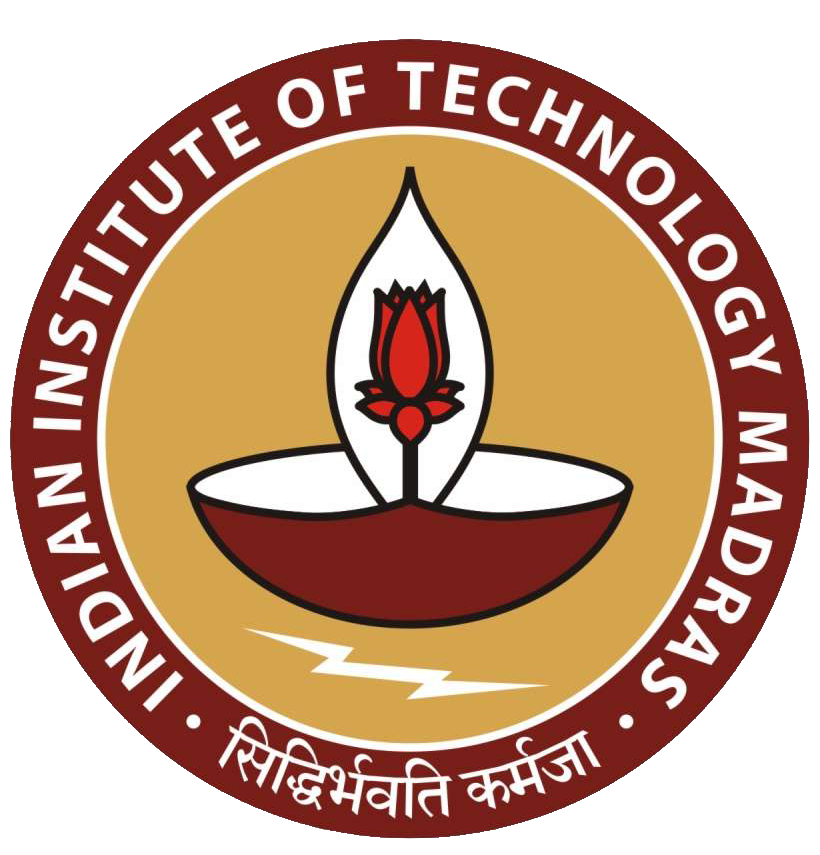IIT Madras
Title : Leveraging Surface Interactions to Enhance Solute Transport through Biological Barriers
Abstract :
Biological transport barriers limit effective drug delivery and, therefore, the therapeutic potential of drug candidates. For example, current therapies against solid cancers fail in part due to their inability to penetrate through the extracellular matrix (ECM) of tumors and reach the cancer cells at therapeutic doses. For enhanced penetration and distribution through tumors, molecules must achieve unhindered diffusion through the interaction barriers presented by the heterogeneous ECM network. The interactions between the molecules and the ECM are driven by the surface physicochemical properties of the therapeutics. To address the challenges presented by existing surface chemistries, during my PhD, I used genetically engineered peptide-presenting phage libraries as a high-throughput approach to screen and identify peptide coatings that would facilitate improved diffusive transport through the tumor microenvironment. Through the screening, I identified a peptide that enhanced the diffusivity of synthetic nanoparticles. Interestingly, in contrast to most studies, I found that a positively charged peptide “surface” enhanced penetration, uptake, and retention of particles in tumor tissue when compared to neutrally charged peptides. Next, I conjugated the peptide to immune checkpoint inhibitor antibodies, which improved the penetration and retention of the antibodies in a murine melanoma tumor environment. The peptide-antibody conjugates recruited a higher number of activated tumor-infiltrating T-cells, resulting in delayed tumor growth. This work can upend the current dogma of designing inert drug delivery systems and exploit the electrostatic interactions to significantly improve the therapeutic outcomes in solid cancers.
To further investigate surface interactions in disease-specific barriers, I am developing synthetic organoids in my postdoctoral research. My initial work includes combining synthetic biology, cell-cell signaling, and magnetically controlled microrobots to differentiate human induced pluripotent stem cells (hiPSCs) in a spatiotemporally controlled fashion. The resulting patterned organoid architecture has great potential to transform personalized therapeutics by providing clinically relevant drug screening platform.

